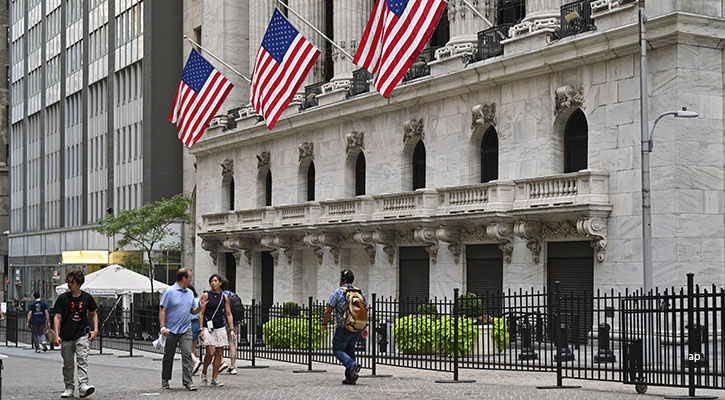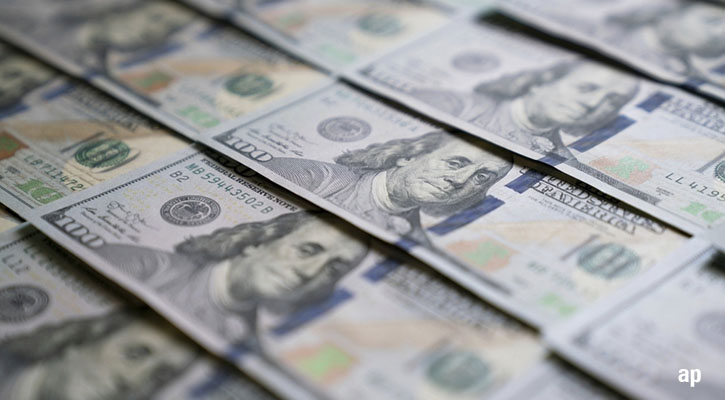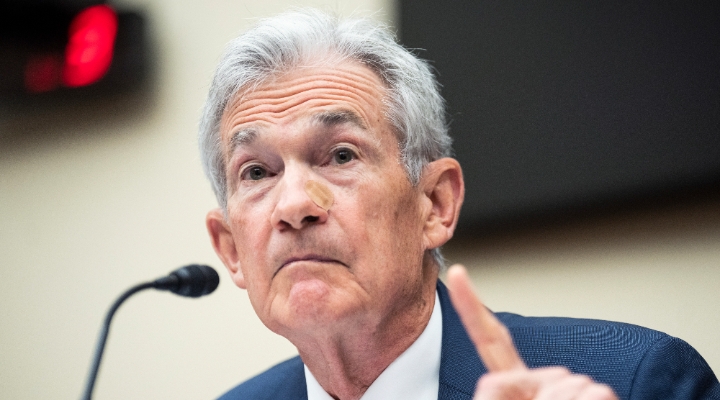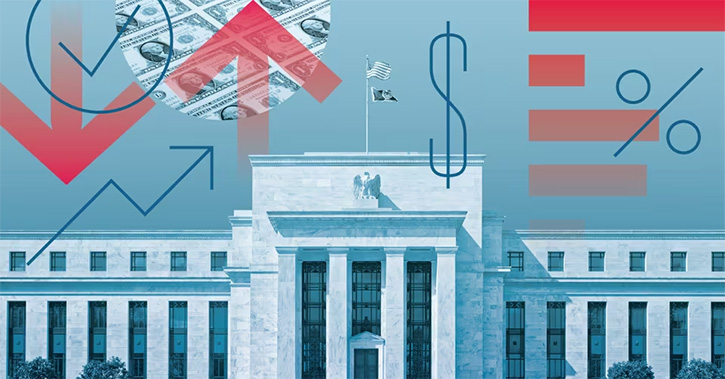
In the immediate term, it doesn't really matter a great deal that Fitch became the second key rating agency to downgrade the US as an issuer of sovereign debt to AA+, losing the highest AAA designation. Markets received the news with hardly a knee-jerk of fright, and realistically this is not going to force many bond investors to disinvest from any US Treasury holdings they may have.
Treasuries form the bedrock of the global financial system, still representing the standard method for settling international transactions, and representing over half of all foreign reserves held by sovereigns globally. So central are they that often of the schema restricting large institutional holdings of acceptable investments in the 'safest' end of the spectrum refer to 'US Treasuries' directly, rather than to 'debt with a AAA designation', meaning the change is not the problem.
In the end investors will still rely on Treasuries. Certainly, their weight in reserve balances has shrunk over time from upwards of 60% down to around half, as geopolitical tensions with China, and sanctions on Russia for its invasion of Ukraine, have imposed restrictions and caused counter-reactions, and initiatives to reduce or replace the centrality of the dollar. But with an increasingly authoritarian and still closed (capital account in) China, and not yet the prospect of strong enough cohesion in groups like the BRICs, there really is no alternative for now.
But what does it mean that for a financial system that is predicated on valuing investments in reference to a 'risk-free' rate - which is now designated by two of the key rating agencies as not being quite risk-free? What does it mean for all of us that the occasion for Fitch's downgrade was broadly the same as S&Ps for its first downgrade in 2011?
It's Political Of Course
The cause is not really economic, but sits squarely in the realm of dysfunctional, hyper-partisan US politics - brought about by impasse and brinkmanship in the US debt ceiling debate (which is in itself an odd and completely arbitrary, self-imposed limit on US debt issuance, that seems to party scant heed to the US's unique global position).
For a world developed around, and used to, stable, broadly equitable US leadership of the global financial system, the inscrutability and uncertainty about the stability of , and the security that can be derived from, this system is corrosive, eating away at the confidence and unassailable dominance of the current financial world order.
And so it continues to eat away at the foundations of the system, and perhaps hastens the day when we will eventually see an end to the “exorbitant privilege”* (burden?) that the US has assumed as the predominant under-pinner of the global financial system.
Moody's and Morningstar DBRS have still maintained the US at the highest AAA rating for now, and in truth a US default is truly an impossible event to be allowed to happen. But in the maelstrom of turbulent politics, mistakes, even impossible ones, threaten their possibility. The Biden administration is incensed by the political implications of this decision, providing an avenue of attack for Republicans on their fiscal responsibility, instead of any reward for their notable success in thrashing out a solution to the latest debt impasse with house leader Kevin McCarthy in the second quarter.
In a way this captures the reflexive nature of markets and politics, where the impression of a risk is broadcast, which then conditions the assesment of that risk, and peversely increases the chance of the feared outcome collapsing into being.
The jury is out, even amongst the ratings agencies, and we cannot see strong consequences emerging in the immediate term. That said, a typical system will collapse slowly, and then very quickly. Through history, dominant regimes have tended to have only a finite life, and highly respected thinkers are actively considering the potential relinquishing of US dominance and change in the financial order we have all become accustomed to, often brought on by decadence and decline.
We have been warned ...
* This term refers to the US’s unique position of owning the dollar, the world’s reserve currency. France’s minister of finance Valery Giscard d’Estaing first used the phrase in the 1960s.





























